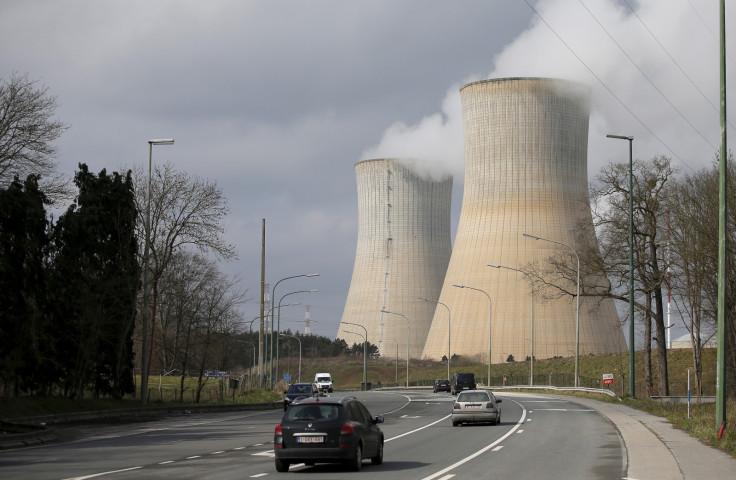Nuclear reactor in Belgium situated close to German border develops 72 new cracks
Activists and German politicians have long called attention to the risks posed by the 40-year-old nuclear plant.

Belgium's ageing nuclear reactor Tihange 2 has developed 72 new cracks in its high-pressure boiler. Anti-nuclear activists and German politicians have long called attention to the risk the 40-year-old nuclear plant poses to its people.
Belgian Interior Minister Jan Jambon said the cracks were found by cameras using ultrasound technology. The new flaws were discovered due to a "different positioning of the ultrasound device" according to Engie-Electrabel the operator that conducted the checks. The cracks do not pose a danger as long as they don't expand, the operator added.
The government has said the reactor will continue to operate as normal.
Tihange is situated only 60km from the German border and Germans living close by have been exerting pressure on their government to force Belgium to shut down its ageing reactors for years now.
The Belgium government has, however, harped on the importance of these plants. The country relies on nuclear power for about 39% of its electricity supply, forcing it to extend the life of existing nuclear reactors as it builds up other energy sources, it said.
Ticking time bombs?
Tihange has three reactors and has faced a number of incidents and shutdowns due to issues with safety and maintenance in the last 40 years. Belgian publication Belga reported that as of 2015, nuclear inspectors had found 3,149 points of damage to the Tihange 2 reactor and that number has risen by 2.2 % to 3,219, according to the Nuclear Stop.
The other big nuclear plant in the country, Doel Nuclear power station, has also faced similar criticism. News reports in November 2016 suggested it had 300 new flaws, although the government is yet to confirm it. Doel is situated in the most densely populated area for any power station in Europe, with nine million inhabitants within a radius of 75km, making it extremely vulnerable.
Neighbour Germany has decided to phase out all its nuclear power by 2022. At the Belgium-Germany nuclear meeting last week, German Greenpeace campaigner Heinz Smital said his country could do more to pressure its neighbour to shut down their nuclear plants.
"Germany is not playing all the cards it could. The government of Austria is taking legal steps against new nuclear constructions in the UK and other countries. I would like to see the German government being more effective in taking concrete steps to get rid of the nuclear threat," he told Deutsche Welle.
© Copyright IBTimes 2024. All rights reserved.





